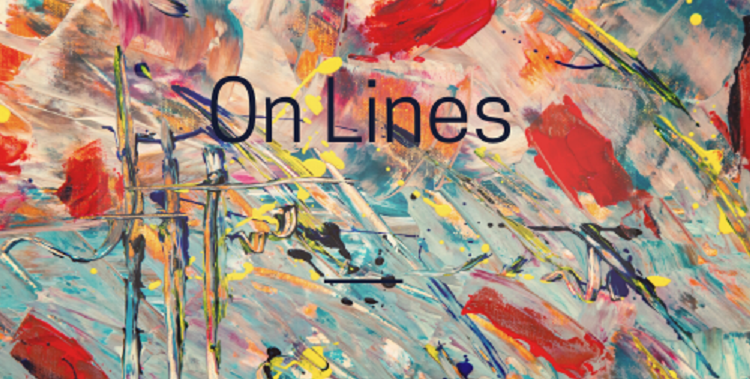Albus McInerney edits a literary magazine.
Marianne began this week’s proceedings with a bolt from the blue.
‘I’m afraid I have to tender my resignation from the committee,’ she said. ‘I’ve been nominated by my party to stand as a candidate in the next elections.’
I didn’t know Marianne had a party.
Patrice was better informed. ‘The regional assembly?’ he asked.
‘The European Parliament,’ she said.
Oddly, when Marianne specified her chamber of choice, I thought the viability of her candidacy somewhat enhanced – I imagine the EP as a place more at home with the theoretical than the prosaic and practical side of politics. If I have to think of her as a politician rather than a poet, then Strasbourg would be Marianne’s natural home.
‘It’s a bit far off, isn’t it?’ Patrice asked. I thought he meant geographically, but then he added, ‘Haven’t they just had an election?’
‘Networking,’ Marianne said. ‘Building support – and I have a rival from my own party. I will have to attend to her.’
Marianne has always seemed to me to be the most focused of our little coterie, a woman for whom the term ‘non-nonsense’ might have been invented. Yet, ‘attending’ to her rival sounded, well, a little chilling.
‘It will be a very great loss,’ Dimitri said, and then – in case anyone was uncertain as to the professional versus the personal nature of the loss – he added, ‘to the magazine.’
‘We will keep in touch, though,’ Marianne said. She spoke crisply, but I detected an undertone of tenderness.
Dimitri is a Modernist of the uncompromising variety, while Marianne’s affinity with the late nineteenth-century Symbolists entails (I think most people would agree) a certain incompatibility with Modernism. Yet, these two have warmed to one another across the universe of Zoom.
‘We should start thinking about a replacement,’ Kim said, which was a bit brash since Marianne was still, metaphorically, in the room.
‘I have one or two candidates in mind,’ Patrice said.
Patrice and Kim are not the most forthright of colleagues. Their swift apprehension of the main chance surprised me – I suppose you don’t really know people until you’ve served on a committee with them.
‘One is a graduate student from Hubei – unconventional but academically sound,’ Patrice continued
‘When I was in Namibia last year,’ Kim said, ‘I had the great good fortune to meet an exponent of jazz verse who works with traditional rhythms’
‘Shall we each submit one or two candidates?’ Dimitri asked, assuming a business-like tone. ‘The criteria should go beyond the practice of poetry. After all, what we actually do here is a bit more humdrum.’
‘Och,’ I said, ‘It’s not humdrum – though it will be less fun without Marianne!’
Some apt lines came into my head:
For whatever we lose(like a you or a me)
it’s always ourselves we find in the sea,’ I said.
‘Is that your own, Albus?’ Patrice asked, with evident appreciation.
‘E.E. Cummings,’ I said.
‘Well selected!’ Dimitri said.
Marianne spoke in a voice that seemed to me to express agreement and regret at the same time. ‘It’s by sharing a little bit of ourselves,’ she said, ‘that we can pierce The utter silence of the untranslated stars.’
‘Cummings again?’ Kim asked.
‘Yes,’ Patrice said.
‘And the earth withers,’ Dimitri added, ‘the moon crumbles / one by one / stars flutter into dust.’
We were, no doubt, going a little over the top – it was only a matter of a colleague venturing off in a new – and rather impressive – direction. But what’s the point of poetry if you don’t make use of it from time to time.
‘A bit of a Brahmin was E.E.Cummings?’ Kim asked – with syntax somewhat Cummingsesque.
‘Upper crust,’ Patrice said. ‘Radical by artistic avocation – but not a great fan of progress on other fronts.’
‘He has those lines,’ Marianne said ‘about the breaking of your soul upon my lips – so perhaps we can forgive him many things.’
‘The breaking of your soul upon my lips,’ Dimitri repeated with deepest melancholy.
Dimitri, as I said, will miss Marianne.
But if all goes well, the European Parliament will presently be graced by the presence of a bright and sometimes luminescent emigre from the rough and tumble of literary life – assuming her political rival is attended to in the interim.
